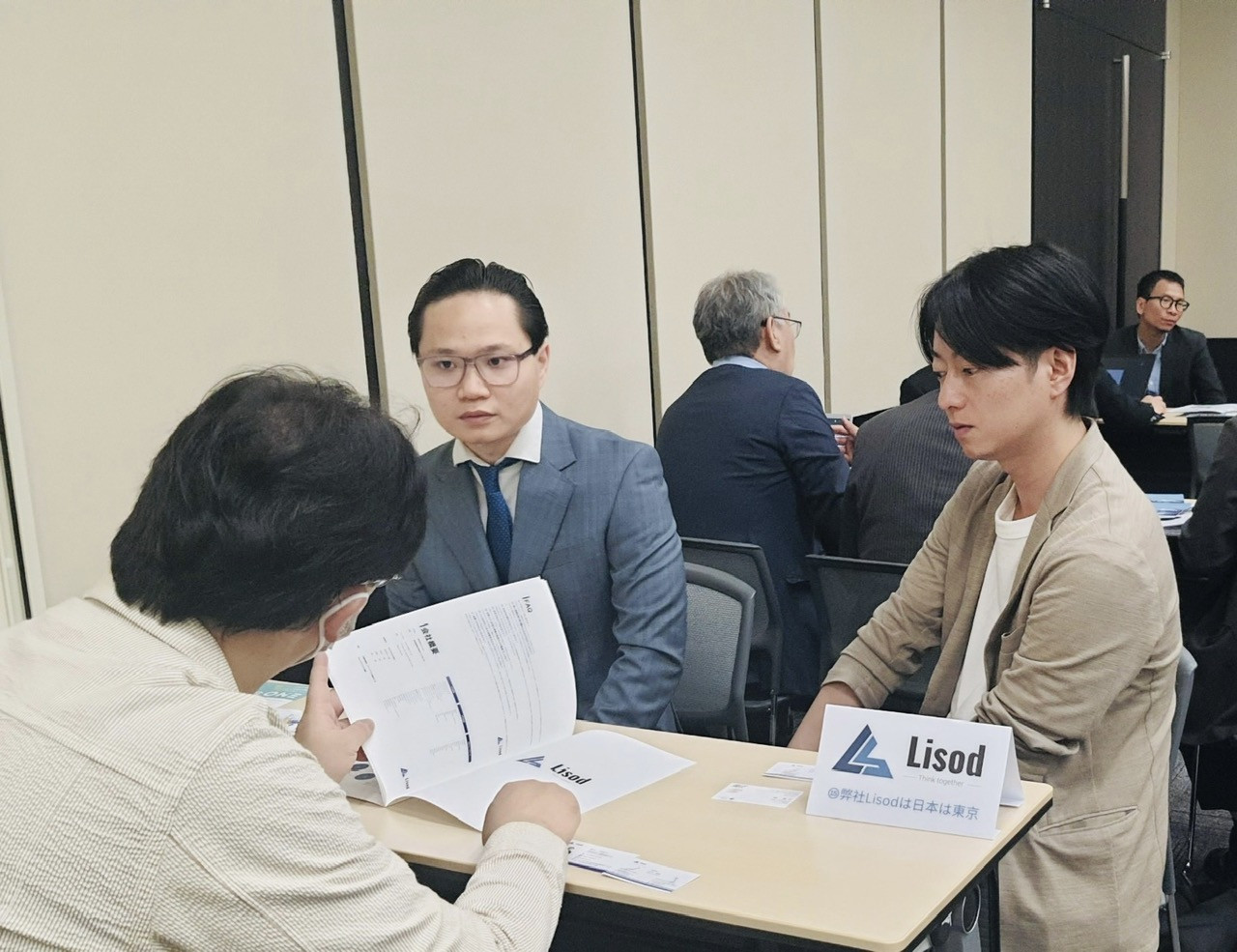“Japan is currently undergoing significant technological transformations, presenting substantial opportunities for Vietnamese IT firms,” Mr. Le Quang Luong, Chairman of the Vietnam-Japan Information Technology Cooperation Committee under the Vietnam Software and Information Technology Services Association (VINASA), told VietNamNet.

Luong highlighted that many Japanese systems, operating for 20-30 years, are now in need of updates. This shift opens doors for Vietnamese companies to provide modern solutions at more reasonable costs compared to their Japanese counterparts.
Vietnamese IT enterprises began exploring the Japanese market around 2004-2005, with FPT pioneering this move.
As Japanese organizations faced high costs working with local IT giants, they started forming direct partnerships with Vietnamese firms, known for their cost-effective solutions. Currently, about 40-50 Vietnamese IT companies operate branches in Japan, extending their reach beyond central cities like Tokyo and Osaka to more remote provinces.
Vietnamese IT enterprises have significantly contributed to Japan's digital transformation, especially in sectors like banking, securities, healthcare, and education.
Their ability to rapidly assimilate new technologies and provide high-quality services has made them valuable partners. Despite the competitive landscape, Vietnamese firms have maintained an edge due to their cost efficiency, cultural adaptability, and the ability to quickly update technological knowledge.
Interestingly, the depreciation of the Yen over the past 4-5 years has created a paradox where hiring Japanese workers can be cheaper than hiring Vietnamese expatriates.
This economic shift has led many Vietnamese professionals to return home, compelling Vietnamese firms to consider hiring locally within Japan.
A notable weakness of Vietnamese IT engineers, as highlighted by Mr. Luong, is their lack of business acumen despite their technological prowess.
He emphasized the need for Vietnamese IT professionals to evolve from being mere technicians to becoming architects and system designers with a strong understanding of business strategies.
Vietnamese IT enterprises now face competition not only from Chinese firms but also from American and European companies entering the Japanese market.

These global giants, equipped with extensive resources and advanced technologies, pose a significant threat. However, Mr. Luong believes that these companies may struggle with cultural integration, giving Vietnamese firms a competitive advantage in terms of cultural affinity and flexibility.
Despite the challenges, the Vietnamese IT industry sees great potential in Japan. VINASA plans to establish a formal organization for Vietnamese businesses in Japan, fostering a more cohesive and legitimate presence.
"Of VINASA's 600+ members, 20% cater to Japanese clients. Vietnamese IT firms, known for their technological prowess, youthfulness, and zeal, are crucial partners for Japanese enterprises embarking on digital transformation," Luong said.
Luong expressed his aspiration for Vietnamese IT companies to transition from subcontractors to direct partners of Japanese firms.
With strong support from the Vietnamese government and ongoing efforts to strengthen bilateral cooperation, Vietnamese IT businesses are poised to capitalize on the numerous opportunities in Japan's evolving market.
Binh Minh